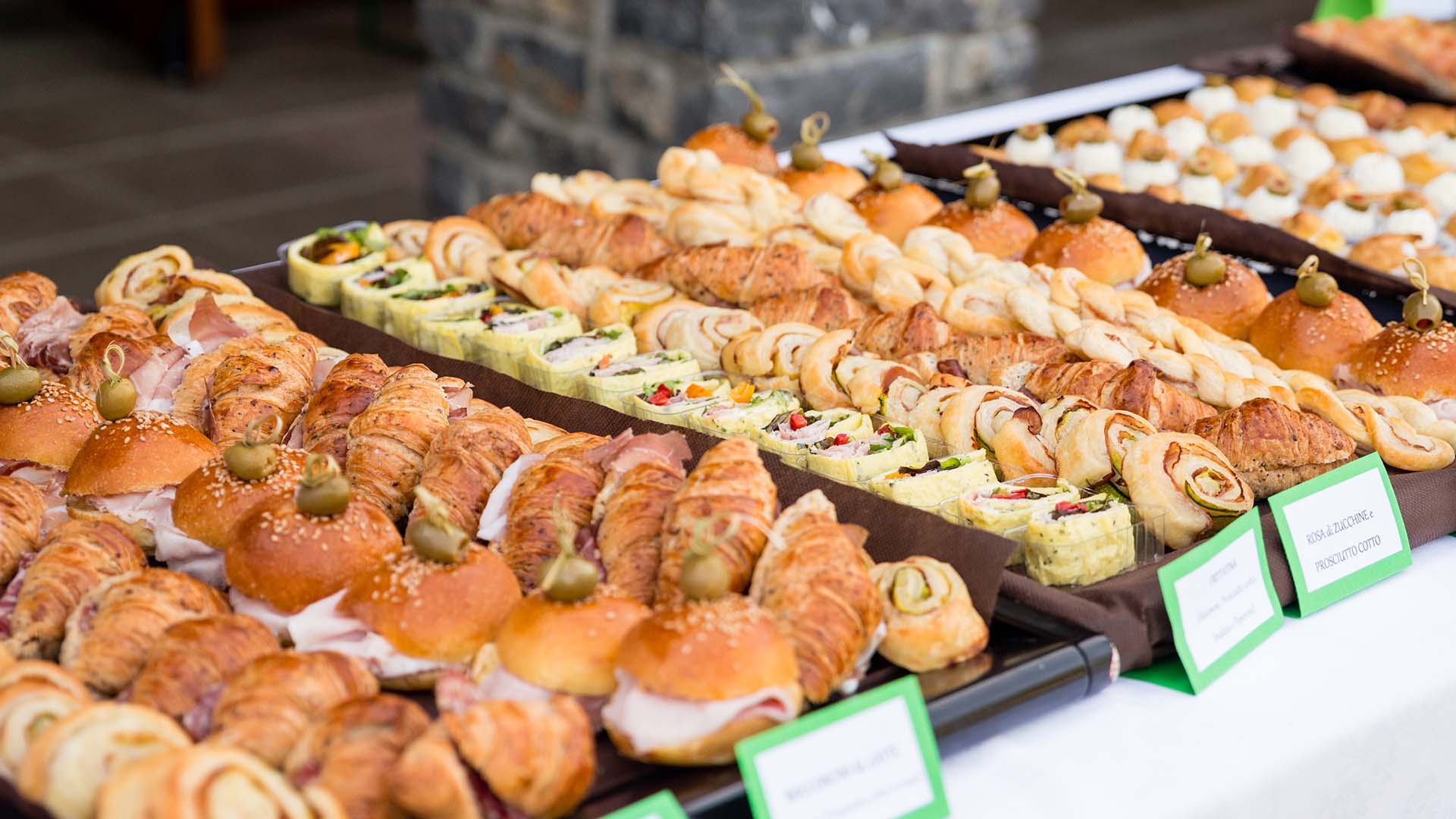When you are hiring a roofing contractor, research the company thoroughly. This includes checking their local online reviews, and also verifying they have liability and worker’s compensation insurance.
A good contract should also include product and installation warranties. This will give you peace of mind in case anything goes wrong with your roof after the project is completed. Read on Roofing Company Near Me for more information.
A roofing company has a lot of experience in the industry and knows how to handle different business aspects. These include company structure, market data, organizational missions, vision and values, roof specialization, location study and crew recruitment. Additionally, a roofing company has the ability to interpret and communicate different leadership, communication and negotiation tactics with various stakeholders to manage the business.
They are also aware of local building codes and regulations and can ensure that the project complies with all legal requirements. This prevents potential fines and other issues, which can cost you a lot of money in the long run.
Licensing
Licensed roofing contractors have demonstrated that they have the knowledge and expertise to install, repair, replace, or extend roofs and other structures that protect homes and businesses from harsh weather conditions. They also comply with local building codes, guaranteeing that your project is completed correctly and safely. Hiring an unlicensed contractor can be a risky move that can lead to subpar work and legal complications.
The licensing process for roofing companies varies by state. Some require an exam, while others simply verify insurance coverage and state business licenses. Most states require liability insurance, workers’ compensation insurance, and a surety bond. Licensing is important for roofing contractors to maintain, as it demonstrates that they are committed to quality workmanship and professional standards.
Before a roofing contractor can become licensed, they must meet specific requirements, such as experience, training, and financial responsibility. In addition, they must pass a trade or business exam and have a current state roofing license to complete the job. Getting a roofer’s license takes time and commitment, so hiring one who has already gone through the process is a good sign that they will take their work seriously.
Some states have agreements with other states to accept each other’s roofing licenses, making the licensing process easier for contractors who want to expand their businesses. To find out which states offer reciprocity, visit the National Association of State Contractors Licensing Agencies or contact your target state’s licensing agency.
A local, licensed roofing company can provide more personalized service and better understand the unique climate and weather patterns that affect the region’s roofs. Choosing a roofing company that is licensed and insured will also help ensure that your roof is built to last, while adhering to safety standards and other regulations. In addition, a licensed roofing contractor will have access to the best materials and technology for your roof, helping you save money in the long run. Using Pitch Gauge to manage state compliance is an excellent way for roofing companies to streamline the licensing process and focus on growth. This tool helps roofing contractors stay on top of state-specific requirements by automating the tracking and reporting of insurance documents, licenses, and renewals.
Insurance
A roofing company needs to have certain types of insurance to protect its business. These policies are meant to cover the expenses associated with repair or replacement after damage from storms, fire, theft, vandalism and other events. However, the claims process can be difficult and time-consuming. A reputable roofing company will make sure that every detail is accounted for when filing an insurance claim. This will ensure that the roofing company receives the maximum amount of coverage available from the insurer.
The best roofers have general liability insurance, which covers legal fees and other expenses incurred in the event of a lawsuit. The policy can also cover the cost of repairing or replacing damaged property caused by an accident at work. In addition, the roofing company will need workers’ compensation and commercial auto insurance. Workers’ compensation insurance will cover medical expenses and lost wages, in the event of a work-related injury. Commercial auto insurance will cover any vehicles used for business purposes. This includes trucks, vans and any other vehicle that is used to transport tools or materials.
Roofing contractors also need to have inland marine insurance, which will cover any equipment or materials while they are in transit or stored off-site. This type of protection is very important, as many contractors transport expensive equipment from one location to the next. The premium for this type of insurance is relatively low, and it can be a valuable investment for a roofing company.
Roofers are exposed to numerous risks on the job, including falls and other injuries. The cheapest way to reduce these risks is to invest in proper training and education for employees. Nevertheless, accidents still occur. General liability insurance will cover the costs of a lawsuit, which may include legal fees and court costs. This will help to keep the roofing company financially stable and operational.
Roofing companies should also consider purchasing commercial umbrella insurance, which provides additional coverage beyond the limits of individual policies. This type of insurance is relatively cheap and can be very valuable for a roofing company in an area such as NYC, where lawsuits are common.
Warranty
When choosing a roofing company, be sure to ask them about the type of warranty that they offer. Different types of warranties are available to homeowners, and each type offers different benefits. For example, some roof warranties cover only the materials while others also cover labor costs. Additionally, some manufacturers offer only prorated warranties while others offer non-prorated warranties that remain in effect for the entire lifespan of the roof.
A manufacturer warranty covers the cost of replacement if the roof is deemed defective due to factory flaws. This type of warranty typically only applies to shingles and other roof coverings. It doesn’t cover other accessories like underlayment, ice and water shield, or ventilation products that are usually covered by their own individual warranties. Most manufacturer warranties are limited in coverage and only last for a certain period of time.
Roofing companies also offer their own workmanship warranty, which protects homeowners against issues that arise due to errors during installation. These types of warranties typically cover the cost of labor to make repairs, and they may include a limit on repair expenses. This type of warranty is more common with established roofing contractors, and they tend to last for a shorter period of time than manufacturer warranties.
Top-rated roofing companies often provide enhanced roofing warranties, which offer a wider range of protection and an extended coverage period. These warranties typically require regular maintenance and adherence to the manufacturer’s guidelines in order to stay valid. Additionally, the paperwork must be properly registered in order to activate the warranty. This is something that many homeowners overlook, as it can be a tedious task and they are often busy with other obligations following the completion of their project.
The best roofing companies will be able to explain the terms of their warranties in a way that is clear and easy to understand. In addition, the contract should clearly state which products will be used on the roof and which warranties are included with the project. This information will be crucial should a problem occur during the warranty period. In addition, it is important to keep a copy of the warranty, as it can help expedite the claims process.







